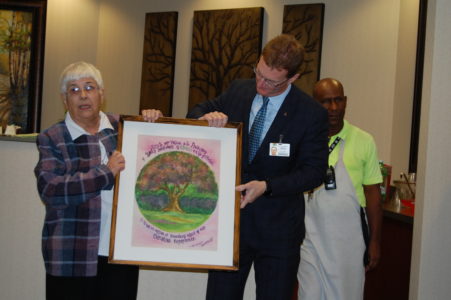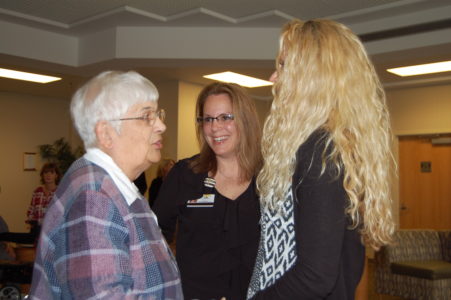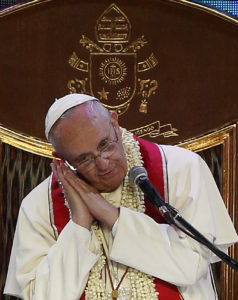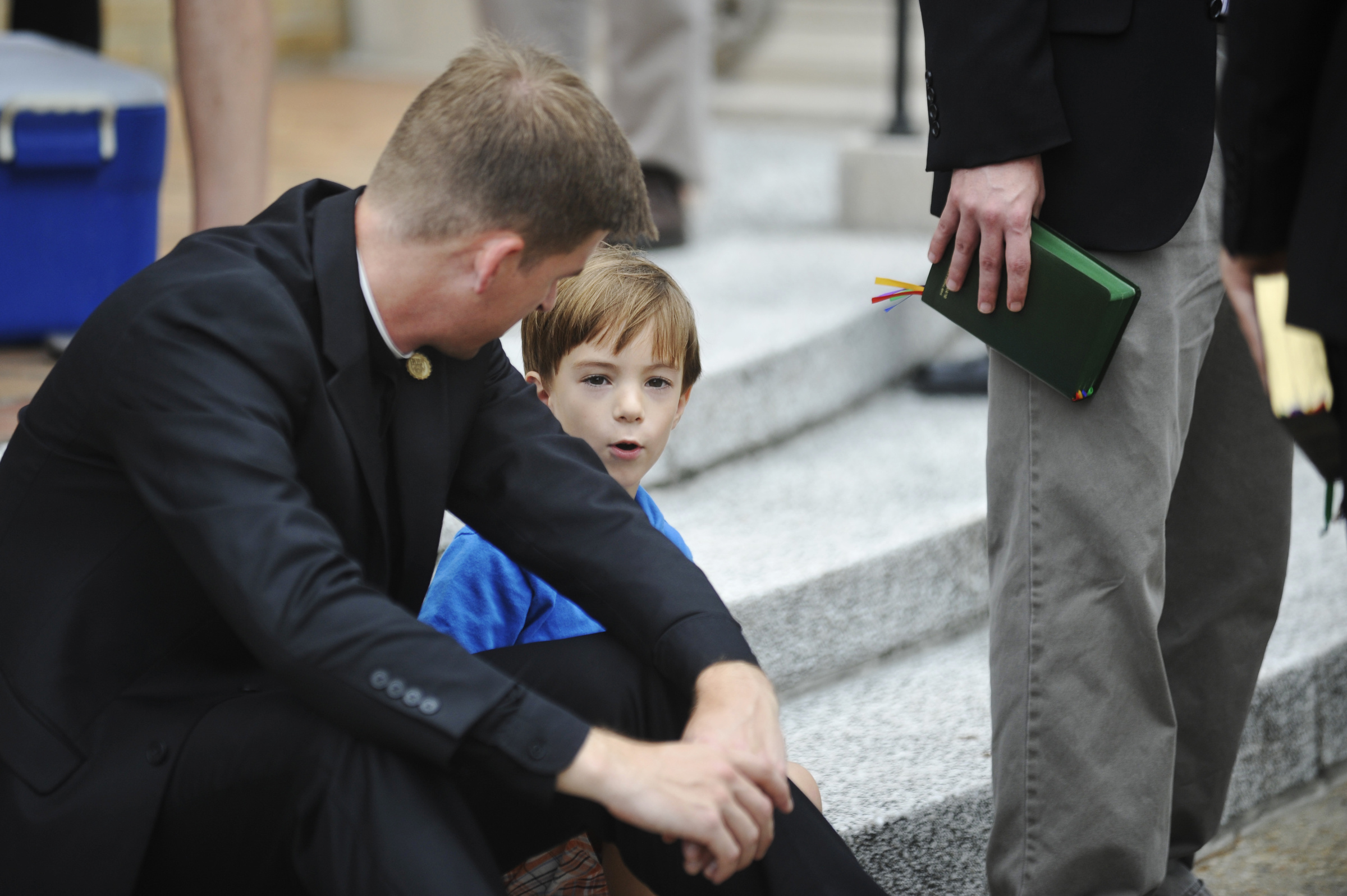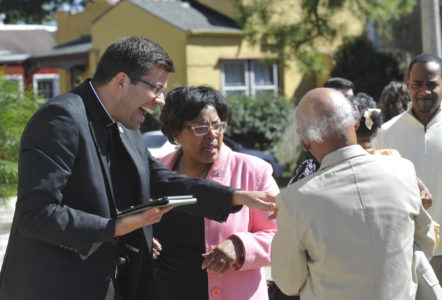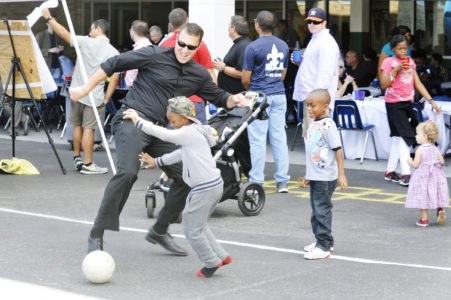Por Obispo Joseph Kopacz
La Iglesia Católica Romana ha estado cantando las antífonas “O” por lo menos desde el octavo siglo. Son las antífonas que acompañan al canto Magníficat de la oración de la tarde del 17 al 23 de diciembre. También son incorporadas en la antífonas de apertura de la misa diaria del 17 al 23 de diciembre.
Son una magnífica teología bíblica extraída de las esperanzas mesiánicas del Antiguo Testamento para anunciar la venida de Cristo no sólo como el cumplimiento de las esperanzas del Antiguo Testamento sino las actuales. Su uso repetido del imperativo “¡Ven!” encarna el anhelo de todos por el Divino Mesías.
Con gozosa esperanza en la venida de nuestro Señor y Salvador, Jesucristo, nos llevan a la cima del tiempo de Adviento en anticipación a la víspera de Navidad y el cumplimiento de todas las profecías del Antiguo Testamento y la promesa de la encarnación.
17 de diciembre
O sabiduría de nuestro Dios Altísimo, guiando la creación con poder y amor: ¡ven a enseñarnos el camino del conocimiento!
18 de diciembre
O líder de la Casa de Israel, dador de la Ley a Moisés en el Sinaí: ¡ven a rescatarnos con tu gran poder!
19 de diciembre
O raíz del tallo de Jesse, signo del amor de Dios por todo su pueblo, ¡ven a salvarnos sin demora!
20 de diciembre
Oh Llave de David, que abres las puertas del Reino eterno de Dios: ¡ven a liberar a los presos de la oscuridad!
21 de diciembre
O Radiante mañana, esplendor de la luz eterna, sol de justicia: ¡ven a iluminar a los que viven en tinieblas y en la sombra de la muerte!
22 de diciembre
O Rey de todas las naciones y piedra angular de la Iglesia: ¡
ven y salva al hombre, a quien formaste del polvo!
23 de diciembre
O Emmanuel, nuestro Rey y dador de la ley: ven a salvarnos, Señor Dios nuestro!
Estamos más conscientes de su inspiración en el amado himno de Adviento, “O Ven, O Ven, Emmanuel”. A menudo los himnos que cantamos nos instruye en la fe exactamente con este nivel de magníficas imágenes teológicas y bíblicas.
Oh ven!, ¡Oh ven, Emanuel!
Versículo 1
O ven, O ven, Emmanuel, y rescata a Israel cautivo. Que llora aquí en el exilio solitario hasta que el Hijo de Dios aparezca.
Versículo 2
Oh Sabiduría que viene de lo alto, que ordena todas las cosas poderosamente. Nos muestra el camino del conocimiento y nos enseña en sus maneras de ir.
Versículo 3
O ven, O ven gran Señor de la fuerza, quien a tus tribus en la altura del Sinaí. En tiempos antiguos una vez dio la ley en nubes, en majestad y reverencia.
Versículo 4
O Come o vara del tallo de Jesse, de cada enemigo líbralos. Que confíen en tu poder para salvarlos y darles la victoria sobre la tumba.
Versículo 5
Oh Venid, oh Llave de David: Ven y abre nuestro hogar celestial. Haz seguro el camino que conduce a lo alto y cierra el camino a la miseria.
Versículo 6
Oh Venid, Oh Aurora celestial y ánímanos con tu noche. Dispersa las oscuras nubes de la noche y a la oscura sombra de la muerte ponla al vuelo.
Versículo 7
O ven, deseo de las naciones, junta en uno los corazones de la humanidad. O invita a nuestras tristes divisiones a cesar, y se para nosotros nuestro Rey de la paz.
¡Regocijaos! ¡Regocijaos! Emmanuel vendrá a ti, oh Israel.
¡Regocijaos! ¡Regocijaos! Emmanuel vendrá a ti, oh Israel.
A través de la proclamación de las antífonas “O” en la misa, o su rezo durante la oración de la tarde, o como una oración personal, o a través del canto de O Ven O Ven Emmanuel en la iglesia o en casa, o a través del susurro tranquilo mientras hacemos nuestros preparativos para Navidad, sabemos que estamos orando con la Iglesia en todo el mundo.
Somos los fieles que mantienen las antorchas en alto, el sabio que todavía lo busca, y los ángeles que anuncian su nacimiento. En efecto, la luz brilla en la oscuridad, y la oscuridad no la ha vencido.
Hay mucho en nuestro mundo contemporáneo que oscurece la luz de la fe, o se esfuerza poderosamente para extinguirla, pero Emmanuel, Dios con nosotros, hasta el fin del tiempo es la promesa personal del Señor que prevalece. Que nuestro camino espiritual y preparación no se desvanezca o se debilite a medida que nos preparamos para el conocimiento de la fe y la esperanza en la venida del Mesías.

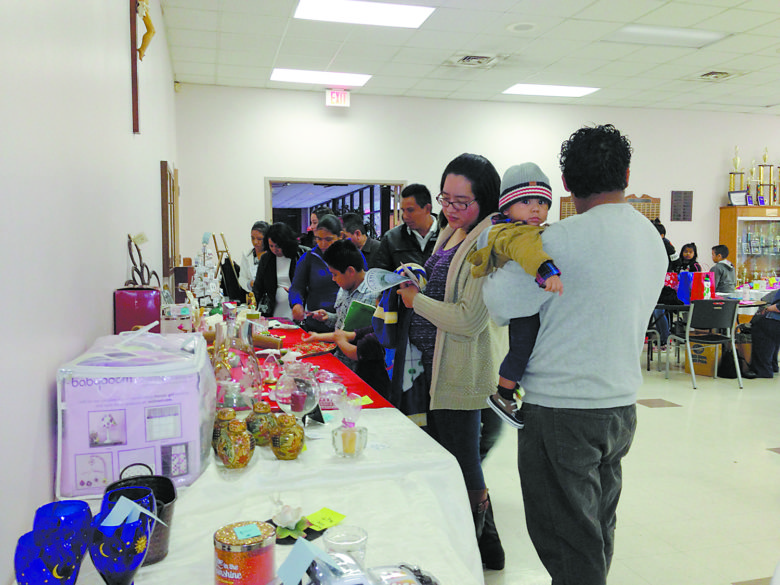
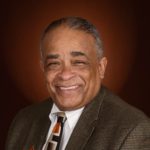 Deacon Art Miller of the Archdiocese of Heartford, Mass., is set to be the homilist for the Mass to honor Dr. Martin Luther King, Jr., set for Saturday, January 7, 2017, at 2 p.m. at the Cathedral of St. Peter the Apostle. The event, sponsored by the Office of Black Catholic Ministries, is open to the public.
Deacon Art Miller of the Archdiocese of Heartford, Mass., is set to be the homilist for the Mass to honor Dr. Martin Luther King, Jr., set for Saturday, January 7, 2017, at 2 p.m. at the Cathedral of St. Peter the Apostle. The event, sponsored by the Office of Black Catholic Ministries, is open to the public.